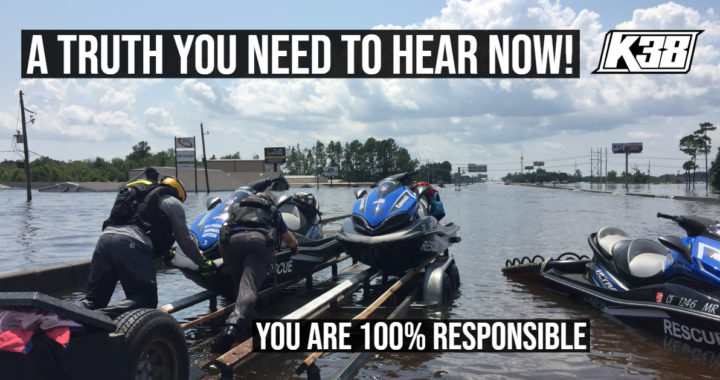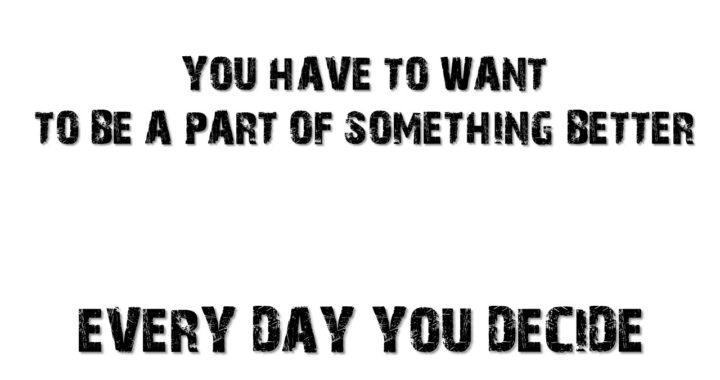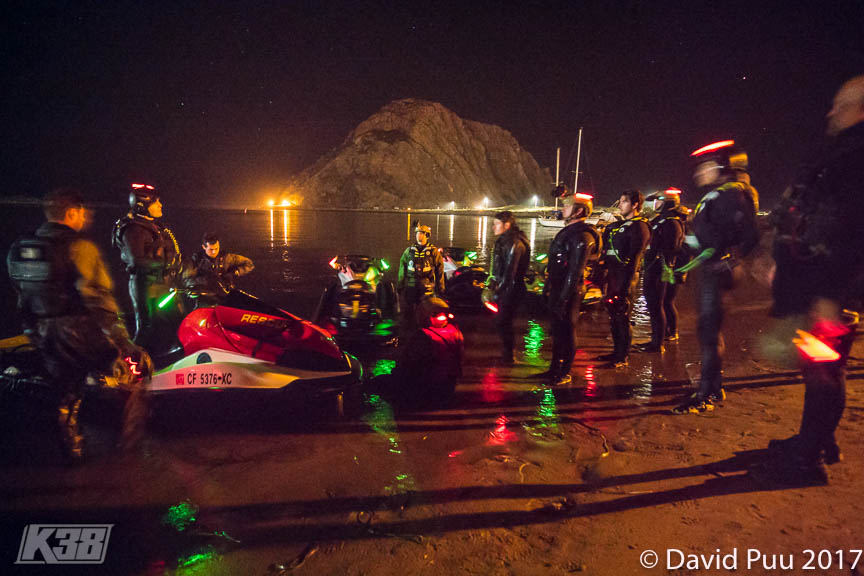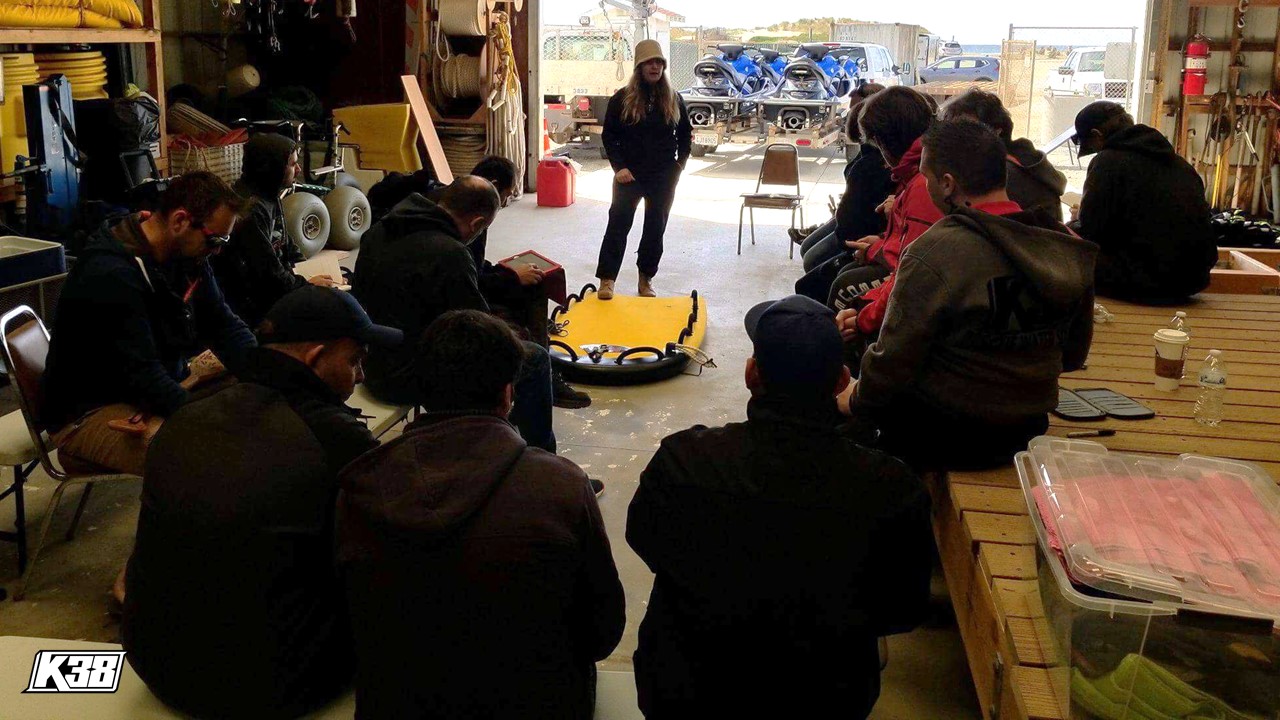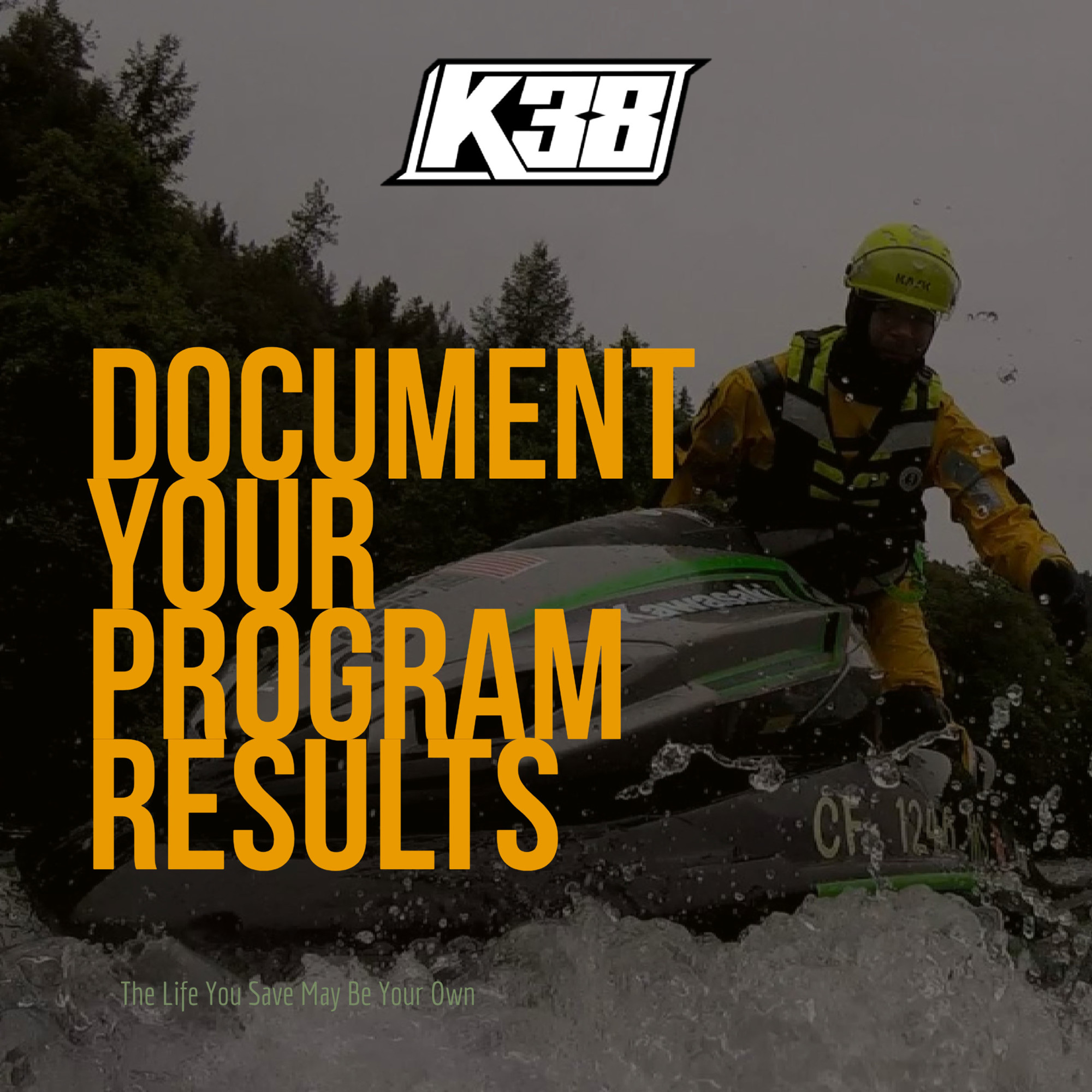The effect of training criticism is to encourage behavior development in Rescue Water Craft boat handling skills.
It is a measure to motivate a student candidate towards the purpose of their goals for qualification.
The quality of criticism is equivalent to the motivation and meaning of the outcomes desired.
Training scrutiny is a process of observation, review and remedial correction.
Failure of skills is a strong part of the construct of criticism.
BE FEARLESS OF YOUR REVIEWS
It is also a study of the art modus of training and relationship between the audits that instructors oversee. This relationship requires attention and preparation.
The content of the assessment is based off the vessel type, water conditions training in, accessory equipment and the aim to be a prudent and safe occupational boater.
Targets that are to be achieved are focused on the fundamental best practices employed during the training that are reinforced throughout the entire training program.
It is about respecting the student goals enough to inspire, coach, motivate and direct them to the behaviors that will fulfill their mariner skills.
NOTHING BUT THE CHANGE
Change is a varied experience that students embrace on different levels and measures. This is dependent upon emotional maturity and physical capability.
Being comfortable in the water we train in and attentiveness to the responsibility and determination of the goals we aim to achieve is respect for the risk and the management of those inherent risks that will be faced in the field post training.
Students should come prepared to training. They should conduct homework on boating skills, rules, laws and navigation prior to attendance. They should be willing to undertake the learning process of correction actions based on their boating skill exercises.
Instructors will observe and issue suggestions, corrections and advice. The students can also ask questions, in fact ask a lot of questions! Be sure you are receiving the value of your instruction and that your comprehension is not assumed but based on facts.
GET YOUR MIRROR OUT
Remember, no matter what your water rescue discipline, your instructor(s) is not looking for fault, they are allowing you to explore the behaviors that are not inherently familiar to you initially.
They are there to encourage dialogue, practice, understanding and comprehension.
Your future role is a significant burden on your performance. You will soon be taking over your risk management and risk mitigation. These behaviors that you are coached in will guide you to the reality of that responsibility.
Pay attention, training is your mistake field, you want to do you best to not pick up the pace during a real incident. Nail it now! Pay attention, ask effective questions and be hard on your learning ability.
Start self-assessing and critiquing your own skill behavior. When you take ownership of your own learning you will develop on a much faster pace. Give yourself permission to learn form your failures and be encouraged by your critiques!
The rest is up to you!
Posted: February 25, 2020
Author: Shawn Alladio, Subject Matter Expert for RWC
Content Creator of Rescue Water Craft and Personal Water Craft boating international education standards: Shawn Alladio is the world’s foremost authority and leading subject matter expert. She cares most about her community and the culture surrounding the safety of event service providers and Rescue Water Craft operators, working hard and dedicated towards protecting their reputation, distributing safety information and continuing to train these amazing individuals to the highest standards of care.
__________
Have any questions? Come train with us and discover what your community is doing to modernize standards, safety and reduce liability!
Caution: Visit page terms and conditions. Use at your own risk. Please take a qualified Rescue Water Craft training course and maintain proper records and respect all the PWC, RWC, PPE, and gear OEM manufacturer warning labels and cautions.
